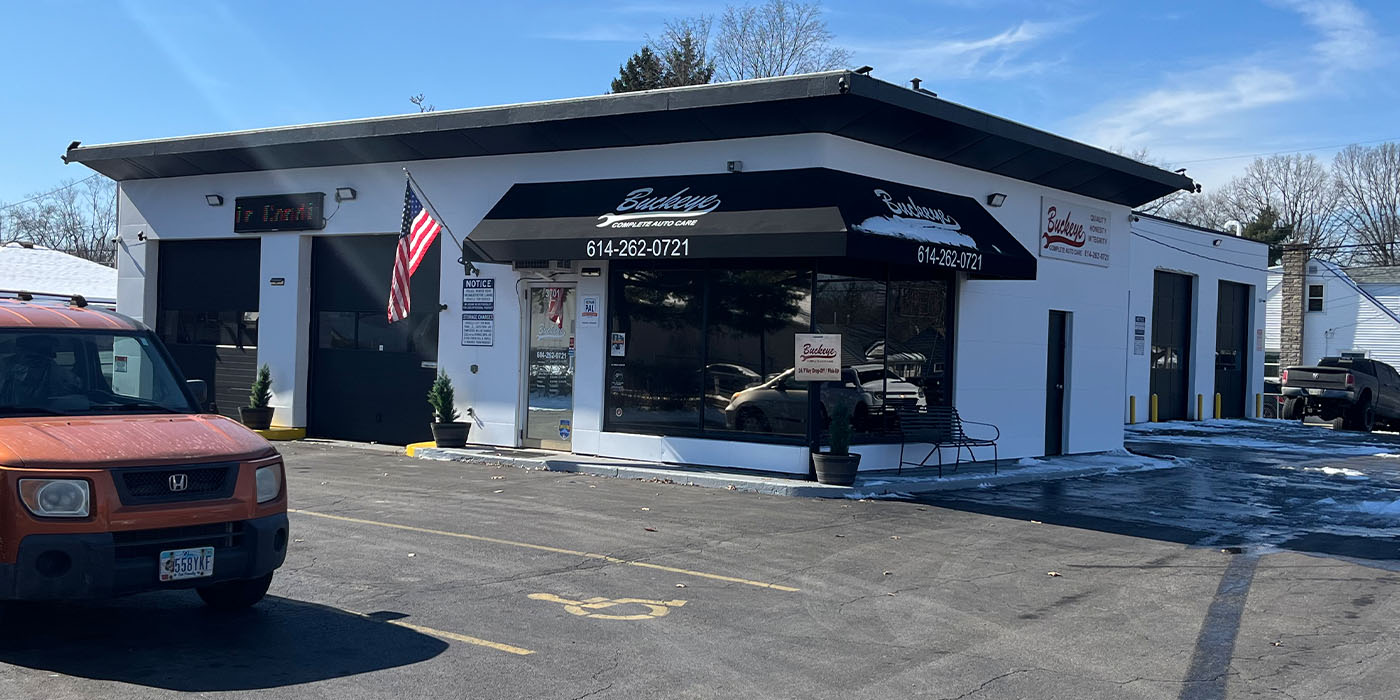
As a shop owner for 30 years and now as a trainer and a coach, I’ve met and discussed business operations with a lot of shop owners. This is what I’ve concluded from those conversations: You really don’t need a business plan; it’s not worth the time and effort. You really don’t, that is, unless you want more than mediocre success. Don’t get me wrong, there are plenty of shops in operation today that are doing pretty well by most standards without a business plan. They have achieved a pretty high level of success, profits and growth. Some have added multiple locations and are doing well.
Now step back and chew on this for a moment. If they had laid out a well-constructed, systematic plan for their operations, how much further ahead would they be today? Instead of the trial-and-error approach, they decided to craft a strategy that would minimize mistakes, and ensure sustained growth in the business, personnel and profits. So that said, you really DO need a business plan, if for no other reason than to keep you on track for your goals.
A Harvard University study found that the amount of time spent on assembling a business plan is directly related to that business’s success. Owners who spend six months or less on the plan ended up with an 80% failure rate, but those who spent a year or more on the plan had an 80% success rate.
If you’ve secured a bank loan, there is a high probability you already have a written business plan, but perhaps it’s many years old sitting on a shelf collecting dust. A business plan is meant to be a “live” document that guides your decision-making during the lifecycle of your shop.
Three questions you will need to answer as you develop a business plan:
- Where is our shop now?
- Where do we want to go?
- How are we going to get there?
These three questions form the foundation of the plan. Using your critical thinking, you’ll develop an answer to each question, which will lay the groundwork for the rest of the plan. The primary purpose of the business plan is to work out the interdependencies of your customers, marketing, personnel, logistics, operations, sales and competitors.

Let’s look at customers, and how we would approach the customer element from a business-planning standpoint. First, we’ll need to identify who our customer is, where they come from, and how our marketing will attract them to us. Do we have the staffing to perform the work accurately in a timely manner? What would our sales team at the front counter need to perform their tasks on a daily basis as it relates to the skills they possess and the training they might need? Lastly, what does our competition offer that we don’t? Are you aware of their strengths, as well as weaknesses?
Seven Elements of ‘The Plan’
- Customers – demographics of current and future customers
- Marketing – image, branding, advertising
- Personnel – who makes up your team now and your strategy to attract new team members
- Logistics – current and future vendors
- Operations – equipment, policy, procedures
- Sales – what your shop offers, sales team development
- Competitors – what are your strengths, weaknesses, opportunities and threats
All of the above elements have their own well-thought-out, detailed section in your plan. You’ll find that the plan will help you to achieve your goals quicker and in a way that allows you to focus on working “on” your business rather than working “in” it. Instead of serving as fireman, putting out fires (problems) as they pop up, you’ve now laid out a path for you and everyone in your shop to follow. You become the leader, the CEO of your business.
A Real World Example
When I first met John Manelas of Auto Care Plus, he had a single three-bay location in New Hampshire. By most standards, he was running a great operation. But five years into his ownership, John decided to develop a business plan to streamline operations and grow his company from his single location in Merrimack. Today John has six thriving locations in two states. John said, “I meet quarterly with my leadership team to review the business plan, but we have weekly meetings to keep us focused and on track.” He also said, “I needed to develop a plan in order to grow what I had and then to attain a multi-shop operation.”
You may not want to have multiple shops like John, but your shop life will be so much easier with a business plan. The critical thinking you put in as you develop the plan will help you to have a clear vision of what you want your shop to ultimately become. If you know your destination and the path you desire to take on your journey, the trip is a heck of a lot more satisfying and fun.
Next Steps
Developing a business plan seems daunting but rest easy; there are abundant resources to help you get your plan in place. One such resource is the Small Business Development Center (www.americassbdc.org). These centers are operated by the Small Business Administration and offer no-cost business consulting for start-ups as well as for established businesses. With more than 1,000 locations nationally, your shop could have a local Small Business Development Center nearby.
If you’re not ready to commit to meeting with an individual to help develop your business plan, there are a number of software packages out there to get you started. Business Plan Pro is one I have used during development of my recommended plan. They also offer a cloud-based version that has customizable features and a learning library.
As an owner, your most important role is to lead your organization. As the leader, your job is to do the high-level planning, not the day-to-day work.
While some shops achieve success without a business plan, just imagine if you put a plan into place and followed it, how much more successful, profitable and less stressed your shop and life would be.
Alan Lakein said it best, “Planning is bringing the future into the present so that you can do something about it now.”
So it’s your choice: will you leave your business operation to chance, operate without a plan, and get whatever future may come. Or, will you make tomorrow what YOU want it to be, bringing the future into the present by developing your business plan?













